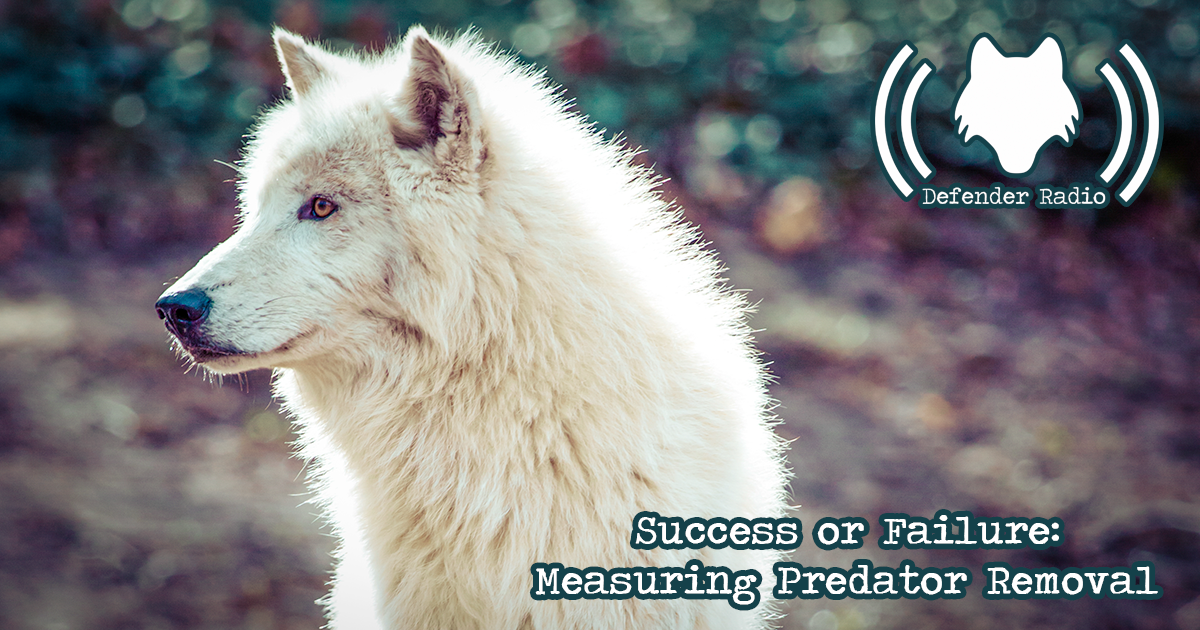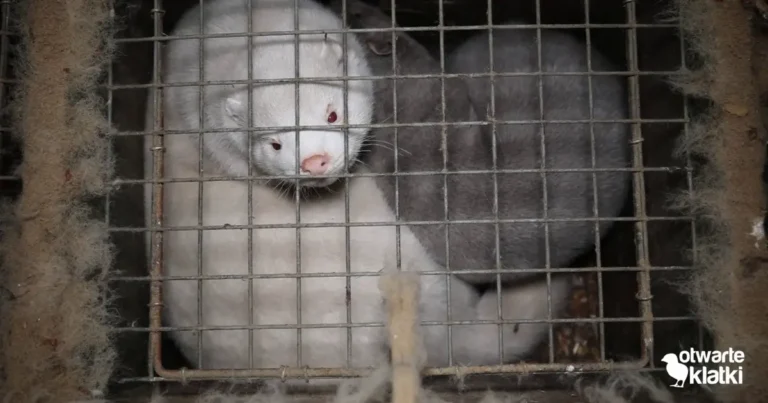
Wildlife conflict is a major issue across Canada and around the world. As humans continue to alter landscapes, break down connectivity of ecosystems and attempt to control environments without consideration for the complex relationships between predators, prey, and other organisms, it seems that this conflict is increasing. Increasing alongside this is the need for research into how to prevent and mitigate conflict. A recent literature review, supplemented with original research findings by the author, highlights some of the major flaws in how humans have been managing predator conflict.
Robert James Lennox, a PhD candidate at Carleton University, and his coauthors conducted a review into existing studies on predator removal. Their results were published in a study titled ‘Evaluating the efficacy of predator removal in a conflict-prone world’ in the August 2018 edition of the journalBiological Conservation.
Robert found, in paraphrased words of his abstract, that predator removal only showed efficacy in the short-term, and tended to be an ineffective and costly approach to conflict prevention and resolution. The results of his review also showed that co-existence methods were more successful.
While on a research trip in French Polynesia, Robert found time to joinDefender Radioto discuss his motivations for the paper, the difficulties in defining success and failure, and why more research into predator management and co-existence matters.
Special thanks to Dr. Michelle Booze for technical scientific assistance on this episode!
To listen to this episode click the 'play' button below,download the MP3, visit us onApple Podcasts,Spotify,YouTube,Google Play Music,Stitcher,iHeartRadioor atTuneIn. Get theRSS feed here. Make sure you follow@DefenderRadio on Twitter,Facebook, andInstagram, too!
 |
 |
 |
 |
 |
 |
